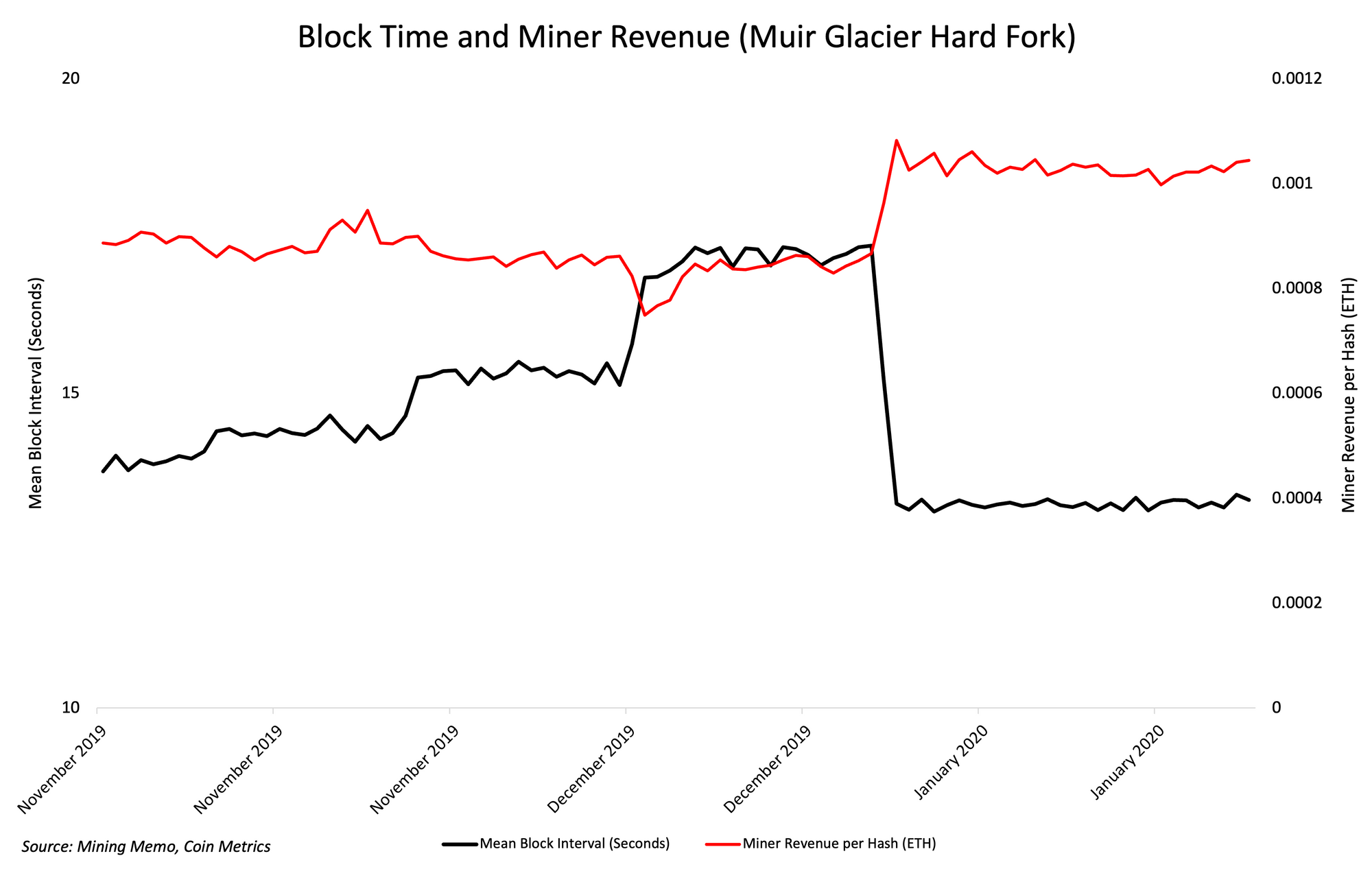Ethereum developers have diffused the infamous “difficulty bomb” for a fifth time in a bid to give the network breathing room ahead of a transition to proof-of-stake.
Ethereum’s next hard fork on December 8, Arrow Glacier, will include one amendment to the Ethereum code bank: Ethereum Improvement Proposal (EIP) 4345. The proposal will move the bomb from December 2021 to June 2022, a date developers expect to have finished the transition to proof-of-stake by (AKA The Merge).
Want more mining insights like this?
The proposal protects the Ethereum network from the bomb’s exponential difficulty increases by moving the bomb to a new block height. If the bomb were to explode, difficulty increases would lengthen block times until the network became unusable (AKA the Ice Age).

The difficulty bomb was originally included into Ethereum’s architecture with its first hard fork, Frontier Thawing, in 2015. Now a contentious feature of the chain, the bomb was intended to force developers, miners and users to proof-of-stake 18 months after the genesis block. However, aspirations for Ethereum 2.0’s aggressive timeline continued to fail, necessitating the bomb’s diffusement multiple times.
Five years later, the bomb now acts as a deterrent for miners continuing the blockchain after The Merge. Miners would have to amend any continued proof-of-work Ethereum blockchain without the developer community’s aid come June.
What about the miners?
The difficulty bomb needs to be diffused in time in order to protect miner profits. If not, miners risk losing mining revenue as block times slow.
Muir Glacier’s EIP 2384 serves as a good template for what occurs if the bomb is left on. The bomb accidentally erupted (during the holiday months) necessitating an emergency hard fork of sorts. Mining revenue suffered proportionately as block times increased from 12 seconds to 17 seconds.

Of course, mining revenue is not top of mind for Ethereum developers. Rather, when to push The Merge and Ethereum 2.0 into production is. If troubles with proof-of-stake arise this spring, expect another bomb delay.

